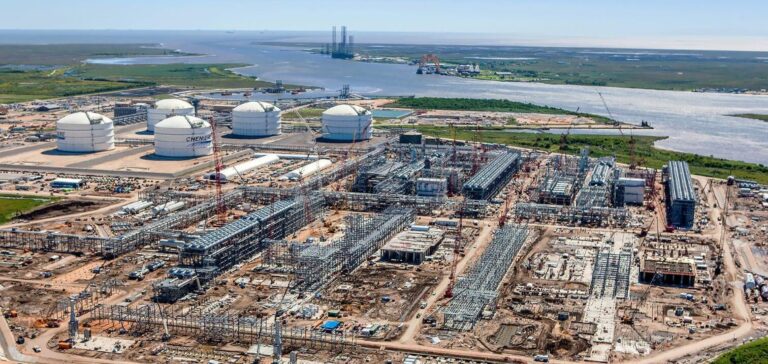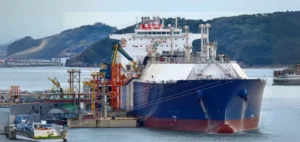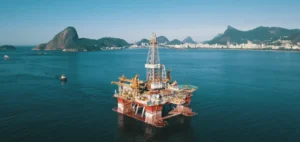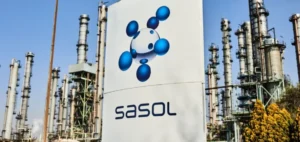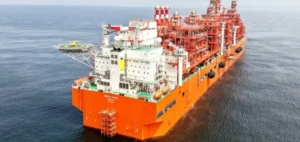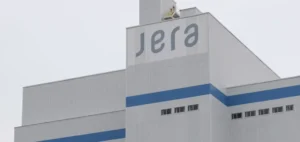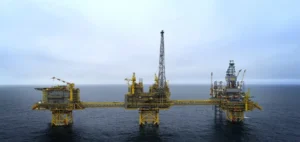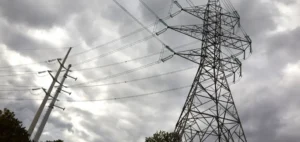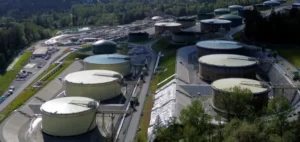The US liquefied natural gas (LNG) producer Cheniere Energy announced on May 28 the signing of a 15-year contract with Canadian firm Canadian Natural Resources. Under the agreement, Canadian Natural will supply approximately 140 million cubic feet per day of natural gas, which Cheniere will liquefy and market globally.
The gas, equivalent to around 850,000 metric tonnes of LNG per year, is intended to supply the planned expansion of the Sabine Pass terminal in Louisiana. Execution of the contract is contingent on Cheniere reaching a positive final investment decision (FID) regarding the site’s extension.
Pricing terms and contractual model
According to the agreement, Canadian Natural will receive a price linked to Platts JKM, the benchmark index for LNG deliveries to Northeast Asia. Fixed LNG shipping and liquefaction fees will be deducted from this price. The deal follows Cheniere’s Integrated Production Marketing (IPM) model, in which the company manages global marketing of the LNG in exchange for a fee that covers operational costs.
This model aligns with a series of similar contracts Cheniere has entered into with other Canadian producers. In November 2023, a comparable deal was signed with ARC Resources, also tied to the Sabine Pass expansion. A previous IPM agreement was concluded in 2021 with Tourmaline and later reassigned from Corpus Christi to Sabine Pass.
Projected capacity and export partners
The Sabine Pass expansion would add two new liquefaction trains, each with a capacity of 7 million tonnes per year, increasing total capacity by up to 20 million tonnes annually. This figure includes optimisations to existing units and the addition of a boil-off gas reliquefaction unit.
Cheniere has already secured long-term contracts totalling 7.85 million tonnes per year linked to this expansion. For Train 7, which is awaiting FID between late 2026 and early 2027, commercial agreements cover 5.6 million tonnes annually. Offtakers include BASF (Germany), ENN Natural Gas (China), Equinor (Norway), and KOSPO (South Korea).
An additional deal for 850,000 tonnes per year was signed with Austria’s OMV, suggesting a possible link between Canadian volumes and the European buyer.
Market conditions and outlook
The increase in IPM agreements comes amid persistently high global spot LNG prices. On May 28, S&P Global Commodity Insights assessed the July JKM price at $12.578/MMBtu, a slight decrease from the previous day.
Cheniere has also announced firm offtake agreements for Train 8 totalling 1.4 million tonnes annually, with China’s Foran Energy and Portugal’s Galp. These commitments could help secure the volumes required for a final investment decision.


